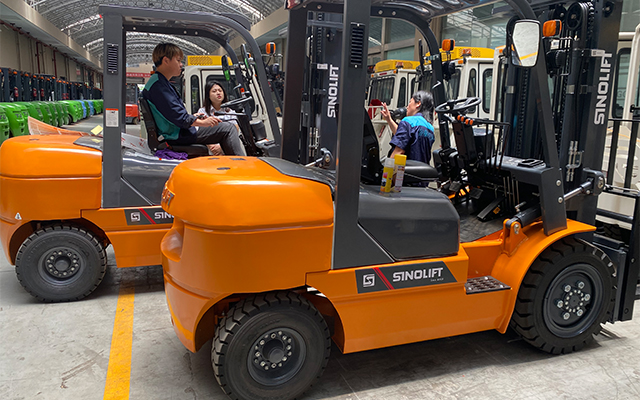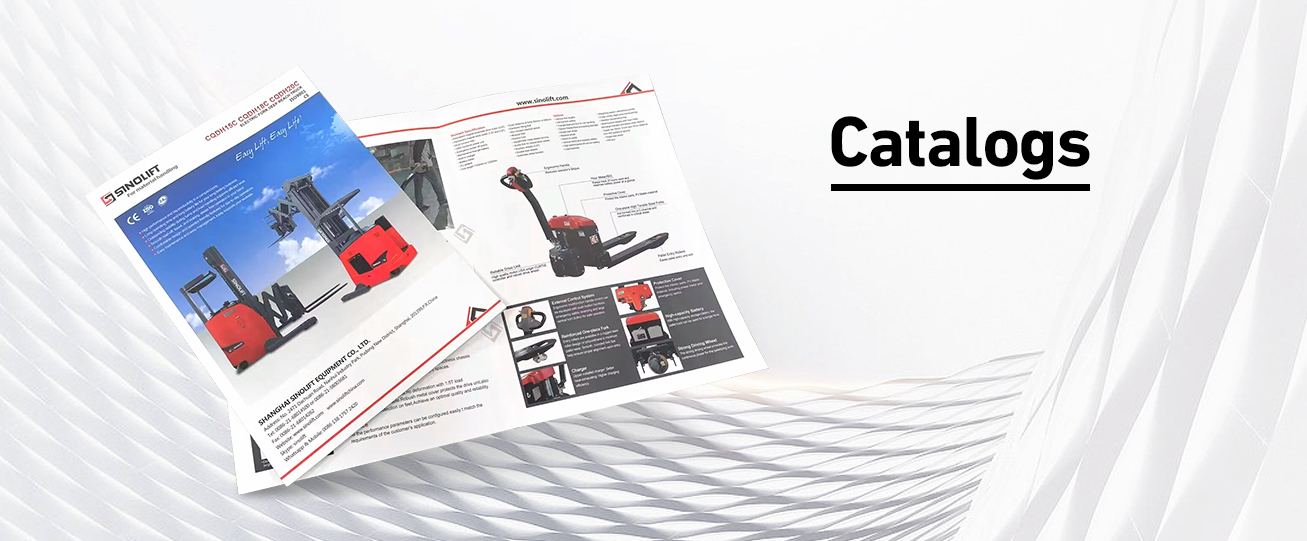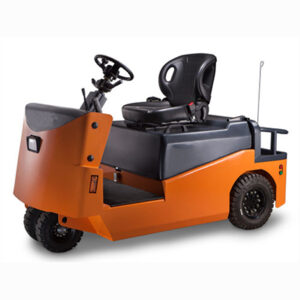Those in the warehouse industry are well aware that the Occupational Safety and Health Administration (OSHA) is the federal government agency whose mission is to ensure safety in the workplace. In this regard, it has the authority to address forklift safety violations in warehouses.
Despite a massive campaign to induce warehouse managers to take steps to ensure that forklift operators are well trained and understand and comply with OSHA’s safety standards, it appears that forklift violations are still prevalent. In fact, forklift violations are the most frequently cited standard by the agency, according to OSHA.
As more and more forklift violations are cited, it’s clear that more needs to be done to remind forklift operators of the importance of following the rules.
It may be helpful to acknowledge the most common forklift violations so that warehouse managers can get a head start on educating their employees.
Common violations include
– Inspection violations
– Neglecting to take precautions when operating a forklift on a ramp
– Lack of proper fire prevention equipment associated with forklifts
– Training
Inspection violations
It is the responsibility of every forklift operator to continually maintain and ensure the upkeep of the forklift he is driving. The most overlooked OSHA standard when it comes to forklift inspections is the failure to perform a pre-operational inspection of the forklift. If a forklift is found to be in need of repair or defective, and a pre-operational inspection is not usually performed, then the warehouse is defamed and can be penalized. According to OSHA, any forklift that is damaged or otherwise defective must be taken out of service until repairs are completed.
Neglecting precautions when operating forklifts on ramps
Forklift manufacturers recommend that warehouse managers mark driving routes and ramp use. osha considers this advice so important that if warehouses don’t comply, it can cause violations.

First, it is important for warehouse managers and forklift operators to understand OSHA’s requirements and recommendations for safe forklift operation in this area. To avoid being cited, it is recommended that warehouses use high quality steel dock ramps, curb guards, and ramp graduation ratings to avoid forklift accidents. Some sort of secondary precautions are also recommended, including protective nets for employees operating machinery 6 feet or more above the ground.
Lack of Proper Fire Protection Equipment
Fires can occur in any work area. It is the responsibility of the workplace safety officer to ensure that all necessary equipment to handle fires is available in the workplace. Companies must provide fire protection kits and safety equipment for electric and gas powered forklifts. Forklift operators must have easy access to fire extinguishers and other emergency equipment. This equipment must be visible and labeled. In addition, forklift operators must be trained in proper operation.
Training
Warehouse managers are obligated to provide initial and refresher training courses for all forklift operators. An initial training program for new forklift operators is not enough. Often the workplace environment goes through changes and employees must be aware of these changes as they go about there business. In order to comply with OSHA rules on this aspect of your safety requirements be certain to keep extensive documentation concerning the training and refresher training of forklift drivers. These records should show how performance standards are being met, offer driver certification information, and have information on a driver’s training session attendance.







